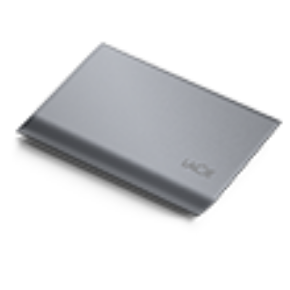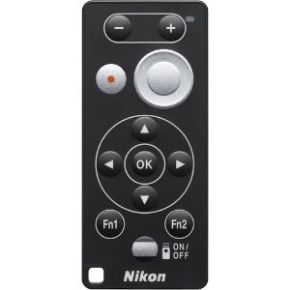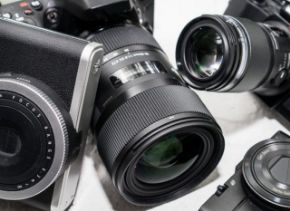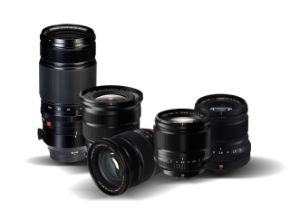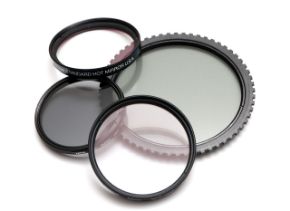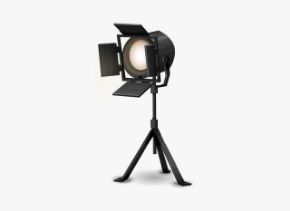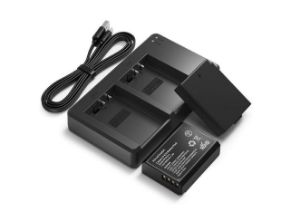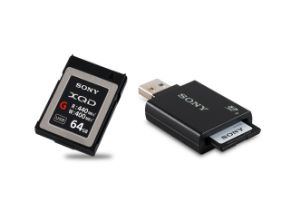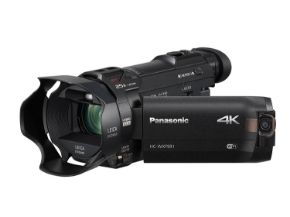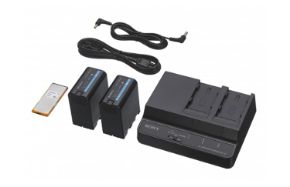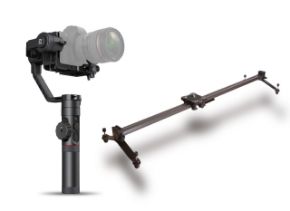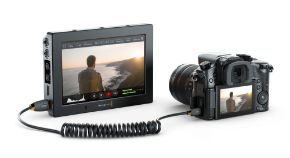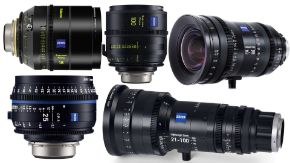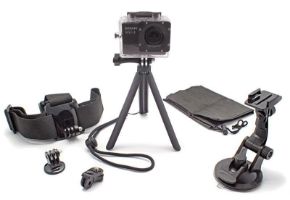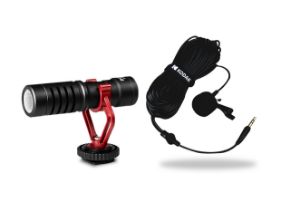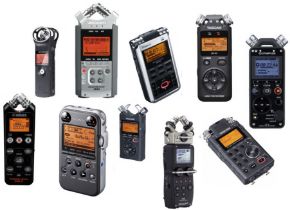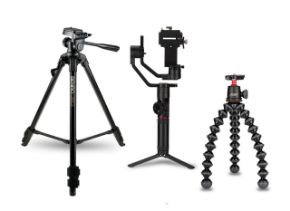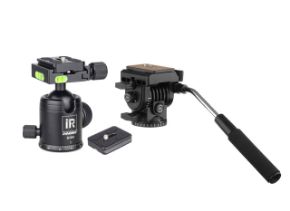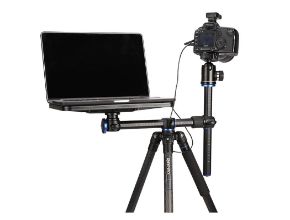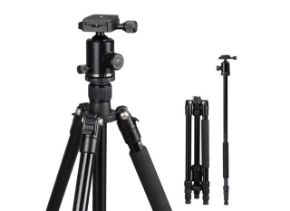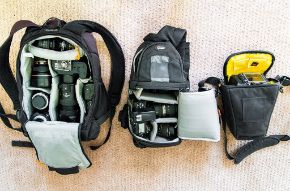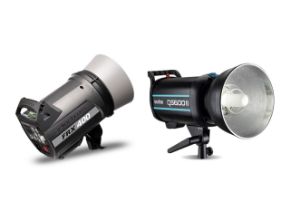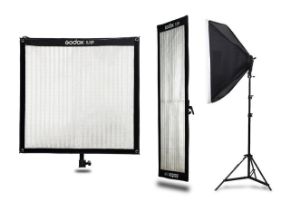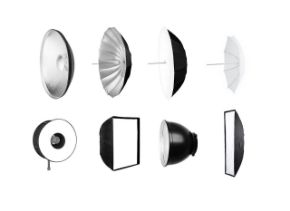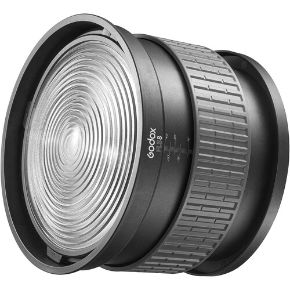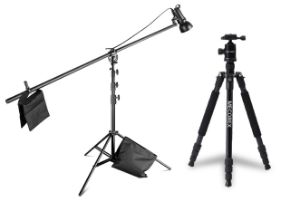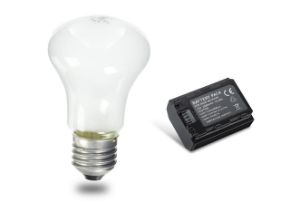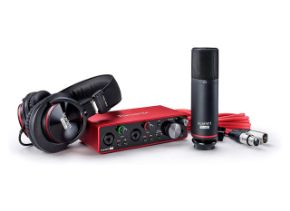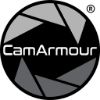The Hoya 67mm Digital Filter Kit II includes a UV (C) HMC filter, a circular polarizer filter, and a 3-stop neutral density filter in a convenient filter pouch. This kit provides everything necessary to get started with filtration for your digital camera.
The UV (C) filter is a multi-coated filter with a slim mounting ring. This makes it useful for wide-angle lenses to avoid potential vignetting. Also, the UV filter itself is a general use, clear filter that helps to absorb ultraviolet light. No additional coloration or contrast is provided, allowing you to pair this filter with others. It is also useful as a general protective filter to leave on lenses at all times. Filters help to reduce dust and moisture from reaching your lens element and provide additional protection in case of drops or situations where scratching could occur.
Hoya HMC filters are multi-coated for reducing flare, ghosting, and reflections on the filter surface. As a result, over 97% light transmission is possible, providing you with additional contrast and high color fidelity.
A circular polarizer filter helps to reduce reflections and glare by filtering out light that has become polarized due to reflection from a non-metallic surface. The light from the sun naturally becomes partially polarized due to reflecting off electrons in air molecules, causing the light to scatter into what appears as haze. A polarizing filter arranges, and filters, this directionally polarized light perpendicularly to the reflected light, allowing for the absorption of much of this light. This results in a noticeable reduction of glare and reflections from non-metallic surfaces and an increase in the saturation of skies and foliage.
A circular polarizer only differs from a linear polarizer in that it contains a quarter wave plane in addition to the linear polarizing filter. The addition of this quarter wave plane is to circularly polarize the linearly polarized light for the use of auto focus and exposure functions. Due to how the light is broken down and filtered with a linear polarizer, auto focus and exposure accuracy become skewed during use. When the light becomes circularly polarized, it permits the use of these functions.
A neutral density filter has several uses and offers the possibility to achieve otherwise unachievable results. ND filters appear gray and reduce the amount of light reaching the film. They have no effect on color balance. This filter offers a filter factor of 0.9, equivalent to 3 stops of light.

